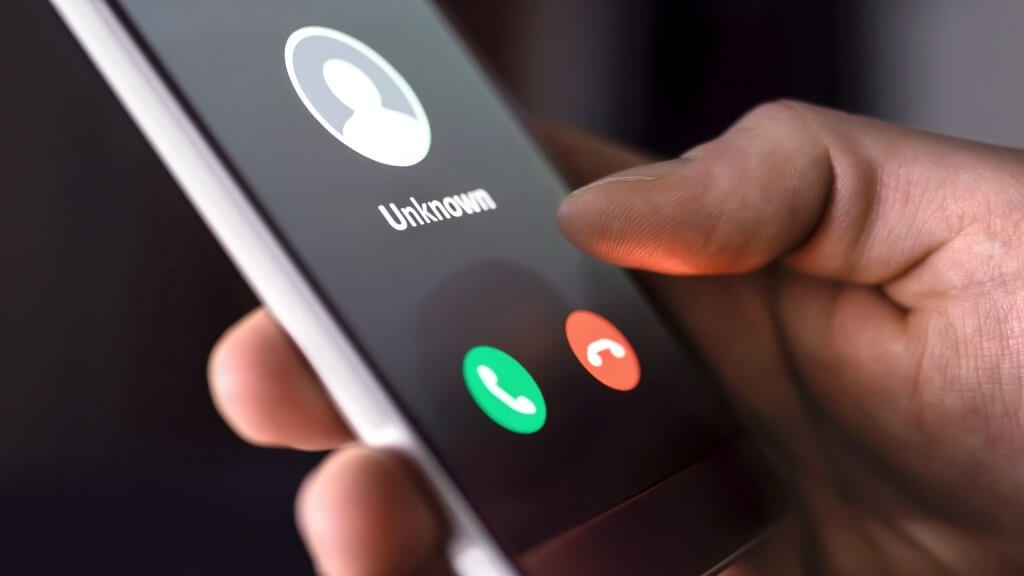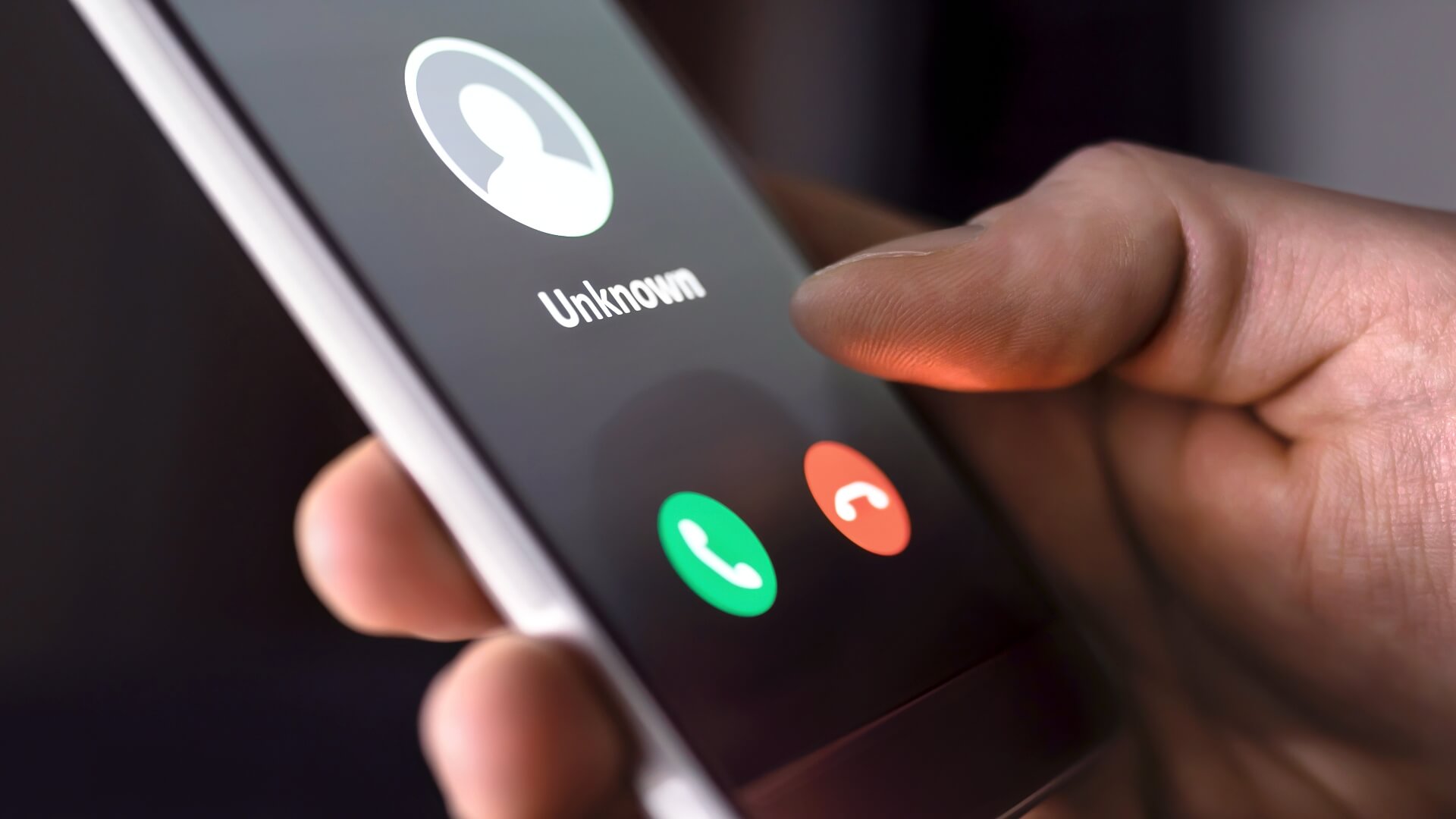
When your phone starts ringing with an unknown number flashing on the screen, it’s tempting to answer, especially if you’re expecting an important call. But did you know that answering such calls can sometimes be dangerous? In this blog, we’ll explore the world of phone scams, shed light on the occasional legitimate calls from unknown numbers, and provide you with practical tips on how to spot a phone scam quickly. So, let’s dive in and learn how to protect ourselves from these digital tricksters.
The Fine Line Between Legitimate and Scam Calls
Firstly, it’s crucial to recognize that not every unknown number represents a scam. In fact, there are legitimate reasons why you might receive calls from unfamiliar sources. For example, 03001232323 is registered as a number used by the NHS Blood Service to contact potential donors. However, it’s essential to exercise caution when answering a call from a number you don’t recognize. Scammers can often disguise their identities and motives, making it crucial to know how to differentiate between a genuine call and a potential scam.
Spotting Phone Scams
Caller ID Discrepancies: One of the telltale signs of a phone scam is a mismatch between the displayed number and the caller’s claimed identity. Scammers can use spoofing techniques to make it appear as if they’re calling from a trusted source. Be wary if the caller claims to represent a well-known organization but the caller ID seems suspicious.
High-Pressure Tactics: Scammers often employ aggressive tactics to pressure you into taking immediate action. They may claim your bank account has been compromised or that you owe a substantial debt. Remember, reputable organizations won’t demand urgent actions or personal information over the phone. Take your time and verify their claims independently.
Requests for Personal Information: Legitimate organizations rarely ask for personal information, such as your passport details or credit card numbers, over the phone. If a caller insists on obtaining sensitive information, it’s a major red flag. Hang up and contact the organization directly through their official channels to confirm the request.
Unusual Payment Methods: Scammers often ask for payment through unconventional means, such as wire transfers, gift cards, or cryptocurrency. Be sceptical if you’re pressured into making immediate payments using these methods. Reputable organizations typically offer secure payment options and won’t insist on alternative, untraceable forms of payment.
Unsolicited Offers and Prizes: If a caller informs you that you’ve won a prize or an exclusive offer, be cautious. Scammers may use these tactics to bait unsuspecting victims. Remember, if something sounds too good to be true, it probably is.
What to Do if You’ve Been a Victim of a Phone Scam:
If you suspect you’ve fallen victim to a phone scam, here are the steps you should take to minimize the potential damage:
Hang Up: If you realize you’re speaking to a scammer, hang up immediately. Don’t engage in conversation or provide any personal information.
Report the Scam: Report the incident to your local authorities and relevant consumer protection agencies. This helps raise awareness and assists in their efforts to combat phone scams.
Notify Your Bank and Credit Card Companies: If you’ve provided any financial information to scammers, contact your bank and credit card companies immediately. They can help monitor your accounts for any unauthorized activity and take appropriate measures to protect your finances.
Strengthen Your Security: Change your passwords for important accounts, especially if you suspect the scammer had access to any personal information. Enable two-factor authentication whenever possible to add an extra layer of security.
Conclusion
While unknown phone calls can be a source of annoyance and potential danger, it’s crucial to approach them with caution. By being aware of the warning signs and employing the strategies we’ve discussed, you can better protect yourself from falling victim to phone scams. Remember, if you’re in doubt, it’s always safer to err on the side of caution and hang up. Stay vigilant, stay informed, and stay one step ahead of those digital tricksters.





















